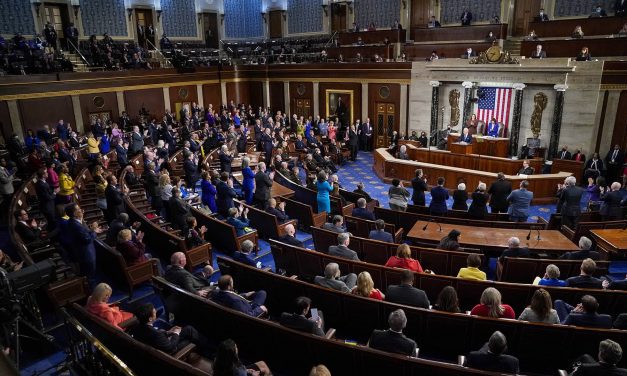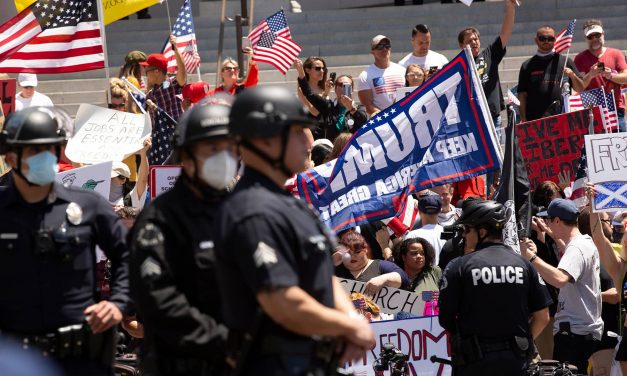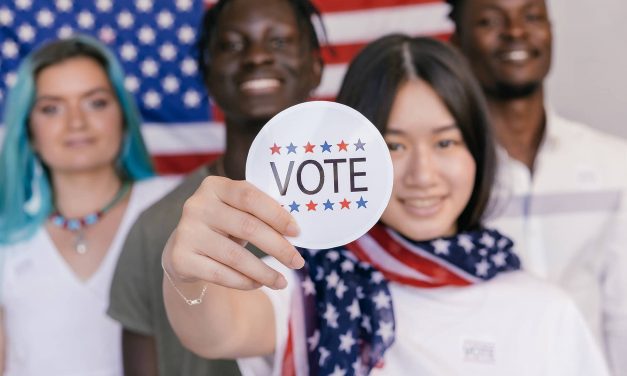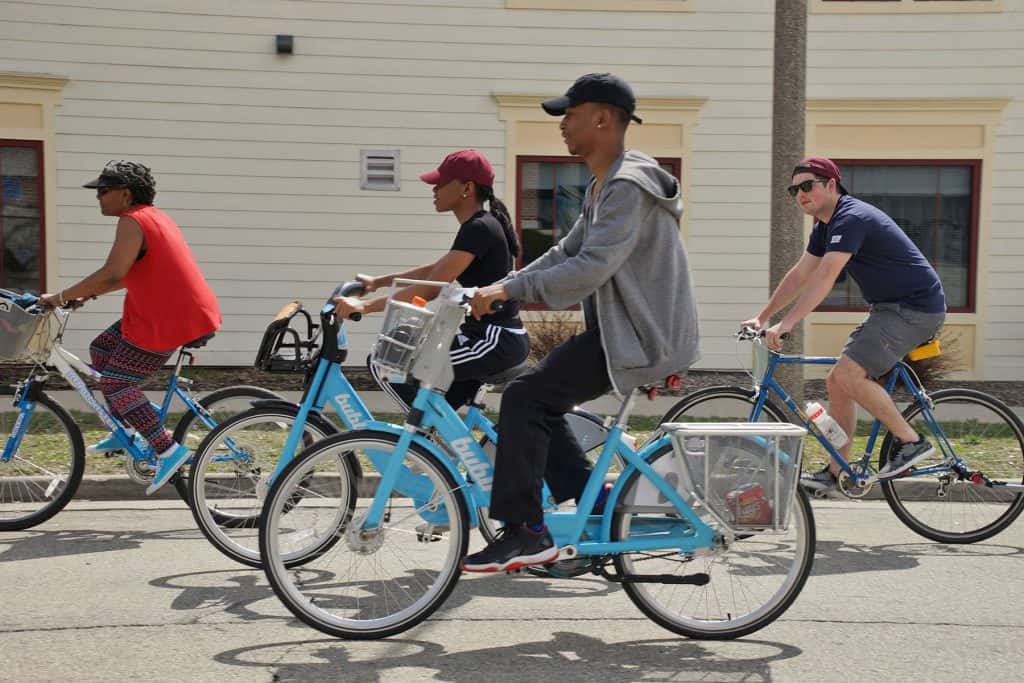Being a lame duck: The political threats facing President Biden if he decides to not run for reelection
By Michael J. Faber, Assistant Professor of Political Science, Texas State University As President Joe Biden’s approval ratings continue to hover around 40% and polls consistently show that most Americans do not want him to run for reelection, Biden’s spokespeople insist that he plans to run. It would be more surprising if he did not run. No eligible sitting president has declined to run for reelection since 1968. Announcing that he does not plan to run would make Biden an early lame duck and make it much harder for him to accomplish his goals. ‘A lot of little things’...
Read More















